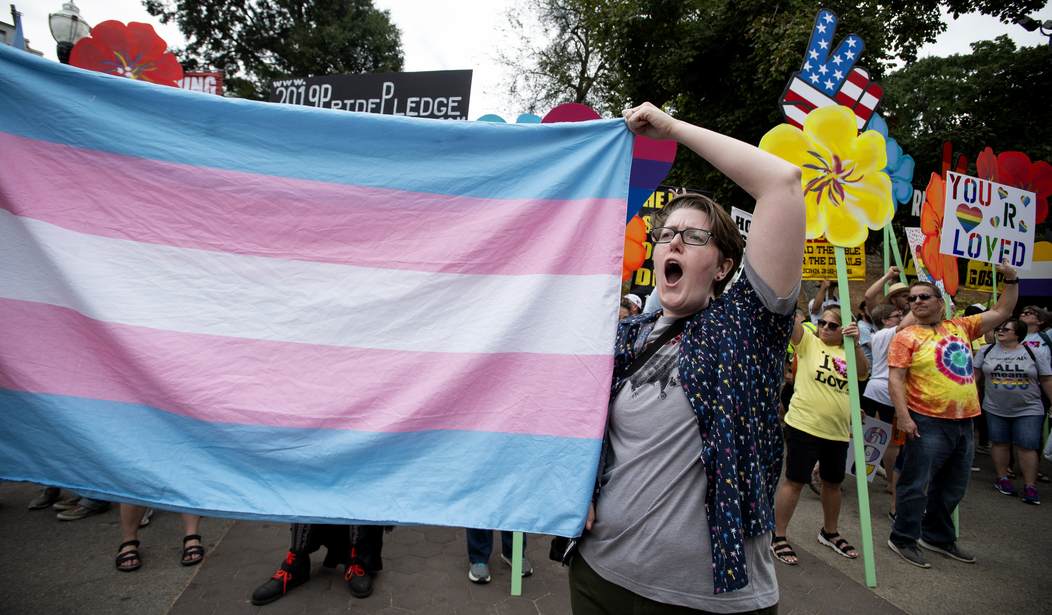You’ve heard the phrase by now and seen it demonstrated.
“Get woke, go broke.”
At this point, it should be chapter one in the best business practices handbook. I’ve only seen one company that benefited from wokeness and that’s Nike, which saw a spike in sales after it allowed Colin Kaepernick to represent the brand for a time. Every other time, the moment a company dipped its toe into wokeness, like some reverse-Midas touch, whatever the product was turned to crap. It doesn’t matter if it was a razor company or a television show. If it went woke, it went broke.
The question is, what is it about wokeness that turns people off so much?
There are a lot of reasons. People don’t like politics in their escapism, for one. It sucks that you can’t enjoy a show without “the message” being shoved in your face in some sort of way. The story becomes secondary to the social justice box-checking and it ruins storylines and characters to the point of becoming unwatchable.
But even outside television, wokeness taints everything it touches. You might not have to hear a virtue signal every time you walk into a Dick’s Sporting Goods but it’s difficult to walk in there since the CEO effectively told you that your beliefs about firearms are horrendous and he actively opposes your right to bear them freely.
Wokeness doesn’t just bother you because it’s annoying, it bothers you because it is the thing that directly opposes you as a person. It tells you that your beliefs, virtues, morals, and traditions are actually evil and that in order for you to cease being evil you must kneel before it and believe what it tells you to. You must do this in spite of the fact that you can see how its toxicity affects those who subscribe to its near-religious tenets.
Wokeness doesn’t just suggest, it intrudes and demands. It forces you into a war you didn’t want to be a part of.
This is why a person who has no problems with gays, lesbians, or even transgender people as individuals will still become annoyed and turn off a television show that injects homosexual/transgender characters or allegories. The person knows that it’s not being done in the name of “inclusiveness,” it’s being done because that person knows the creators of the show believe that they, the viewer, need this shoved in their face so that they’ll get used to this kind of thing and turn from their evil ways. They know that the showrunners are just using the thing they’re viewing as a trojan horse for a political message and it kind of feels like being both talked down to and being used.
It’s insulting, and it’s even more insulting when you know these show creators are just patting themselves on the back for subjecting you to a message that you did not want or need in the first place.
It feels shallow and self-congratulatory. It makes you want to push back, and when you do they use your protest about being insulted as Kafka trap. They declare that your protest is just further proof that they need to keep shoving the message in your face and coopting the things you love in order to do it.
In response, the customer decides the product isn’t of good quality and walks away. He or she is joined by many others who feel just as insulted and used and before you know it, once-great companies and brands are bleeding money and attention. They got woke and thanks to customers not wanting to be preached at by people who have no business preaching at them, the brand goes broke.
The underlying cause of rejection of wokeness isn’t an underlying hatred for differences in America, it’s the fact that we don’t want people who think they’re better than everyone else using things we love to demand we believe as they do or else. Buried underneath the myriad of details is that one simple truth.















